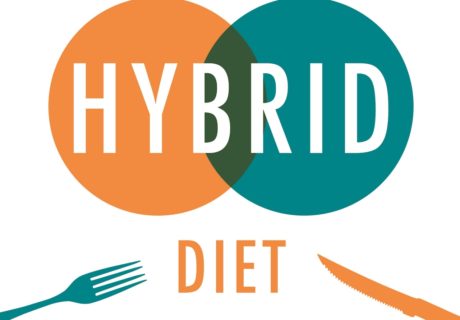Earlier this year, The Guardian broke the story of the legal dispute between the animal rights charity League Against Cruel Sports and a vegan, Jordi Casamitjana, who claims to have been unfairly dismissed for pointing out that the charity’s pension fund invests in firms involved in animal experimentation.
This case raises many questions about where veganism sits within the law, with critics saying that vegans are not an oppressed minority and don’t deserve this protection.
However, ethical veganism – which is the moral conviction that using and killing animals is wrong – is a belief protected under the Equality Act 2010; far from being ‘just a fad diet’ which it is so often unfairly reduced to.
To qualify under the Act: a philosophical belief needs to be genuinely held; it cannot be an opinion; it must concern a weighty and substantial aspect of human life and behaviour; have a certain level or cogency, seriousness, cohesion and importance; and be worthy of respect in a democratic society. Veganism meets all these criteria.
There are nine protected characteristics under the Act, including ‘religion and belief’, which veganism falls under. The law doesn’t accord special protection for one category of belief and less protection for another.
But with the recent resignation of Waitrose Food magazine’s ex-editor William Sitwell, after he joked about ‘killing vegans’, will this mean you’re not allowed to make vegan jokes?
Far from that, actually.
The Vegan Society is supporting this legal case because we believe that it has the potential to set an important precedent
This case is not about humour; it’s about the real discrimination vegans everywhere face so often. Despite the number of vegans quadrupling in the last four years, The Vegan Society advocacy team hears from people whose children aren’t given vegan school meals, construction workers who are not offered an alternative to leather shoes, or patients who discharge themselves early from hospital so they can go home and eat.
The Vegan Society is supporting this legal case because we believe that it has the potential to set an important precedent which would make businesses and institutions obliged to accommodate vegans.
We hope for a landmark ruling that will not only recognize the cogency and importance of veganism, but also confirm that the needs of vegans in their place of employment and their everyday lives must be taken seriously.
The choice to avoid animal exploitation that the 600,000 vegans in Britain have made comes not from a desire to be difficult, or a need to be noticed, but from a deep-seated belief that veganism is the only way to respect animals’ lives and protect our environment.
It’s time for this belief to be respected and accommodated, not mocked and ignored like it has been for so long.
Veganism is an ethical conviction which informs every area of our lives. We avoid clothing made of animal materials such as wool and leather, don’t visit places which use animals for entertainment such as circuses and zoos, and only purchase and use cosmetics which have not been tested on animals.
Having our belief recognized in the law can arm us with a much needed ‘proof’ for employers that veganism is not a whim or a fad, but a deeply-held moral conviction
Casamitjana wrote on his fundraising page: “Most of my adult life I have pursued the philosophy of ethical veganism. It has informed my daily existence, including my career and employment.”
Our efforts to reduce animal suffering in the world have often been met with hostility and ignorance from those who aren’t vegan. Having our belief recognized in the law can arm us with a much needed ‘proof’ for employers that veganism is not a whim or a fad, but a deeply-held moral conviction.
An employment tribunal will decide in a hearing in March whether veganism is a philosophical belief akin to a religion. This has not been put to a legal test yet.
It is clear that Casamitjana’s beliefs meet the legal test for protection. The definition of veganism explains that vegans manifest the ethical conviction that it is wrong to exploit non-human animals. It’s about time that this basic belief is recognized in the law.





